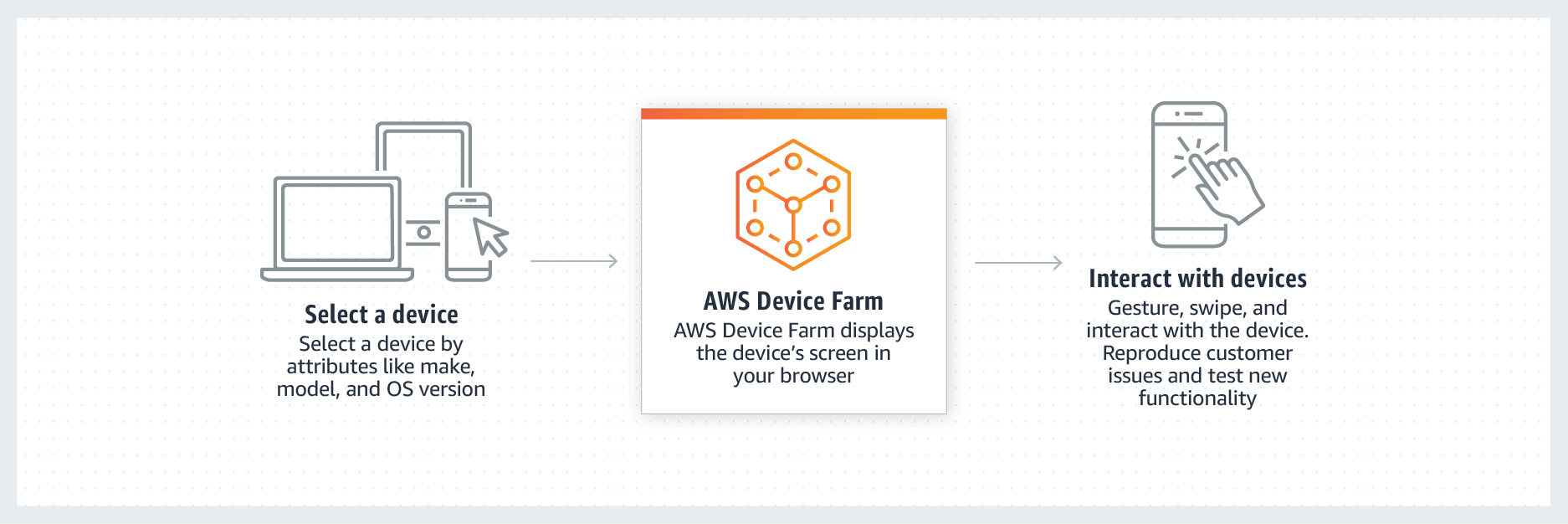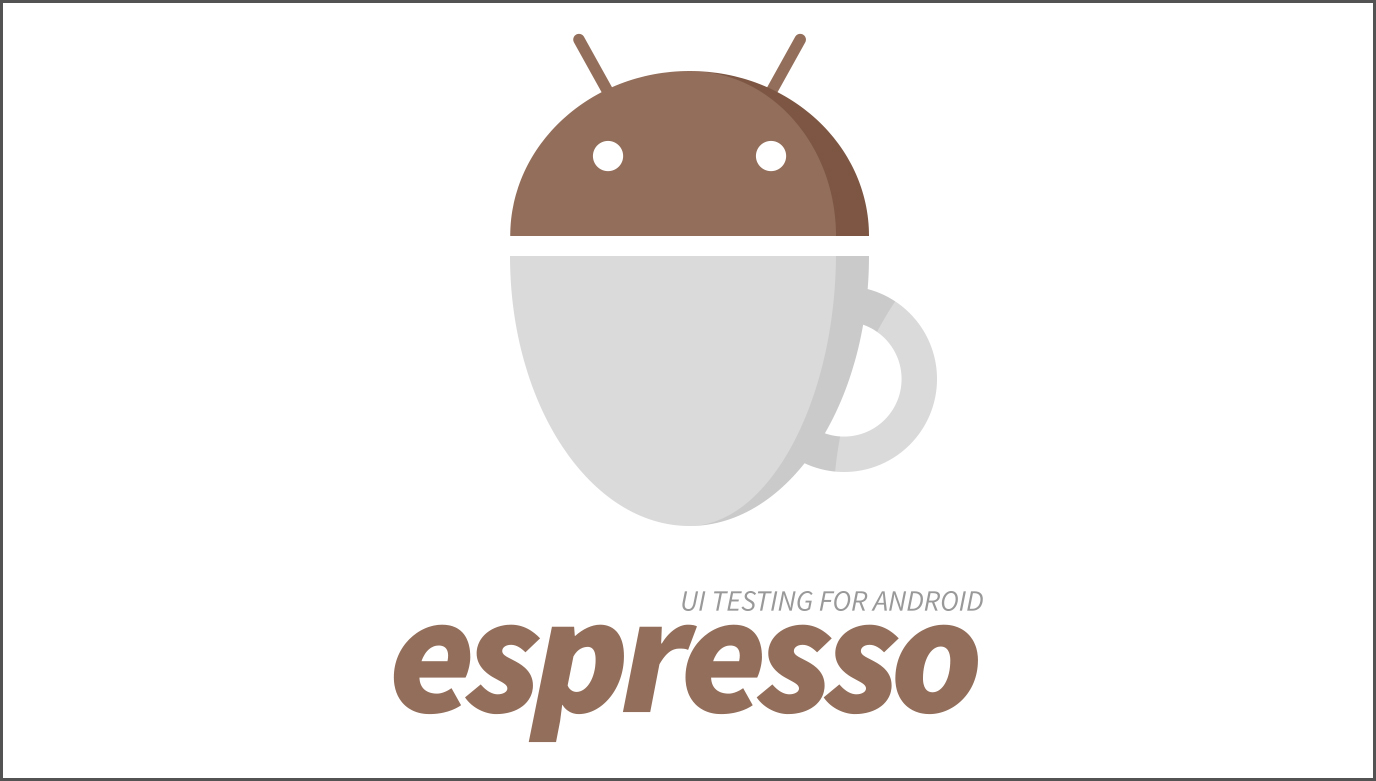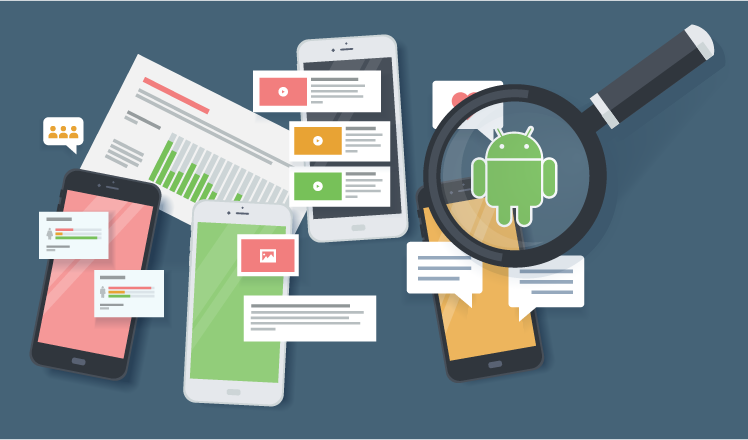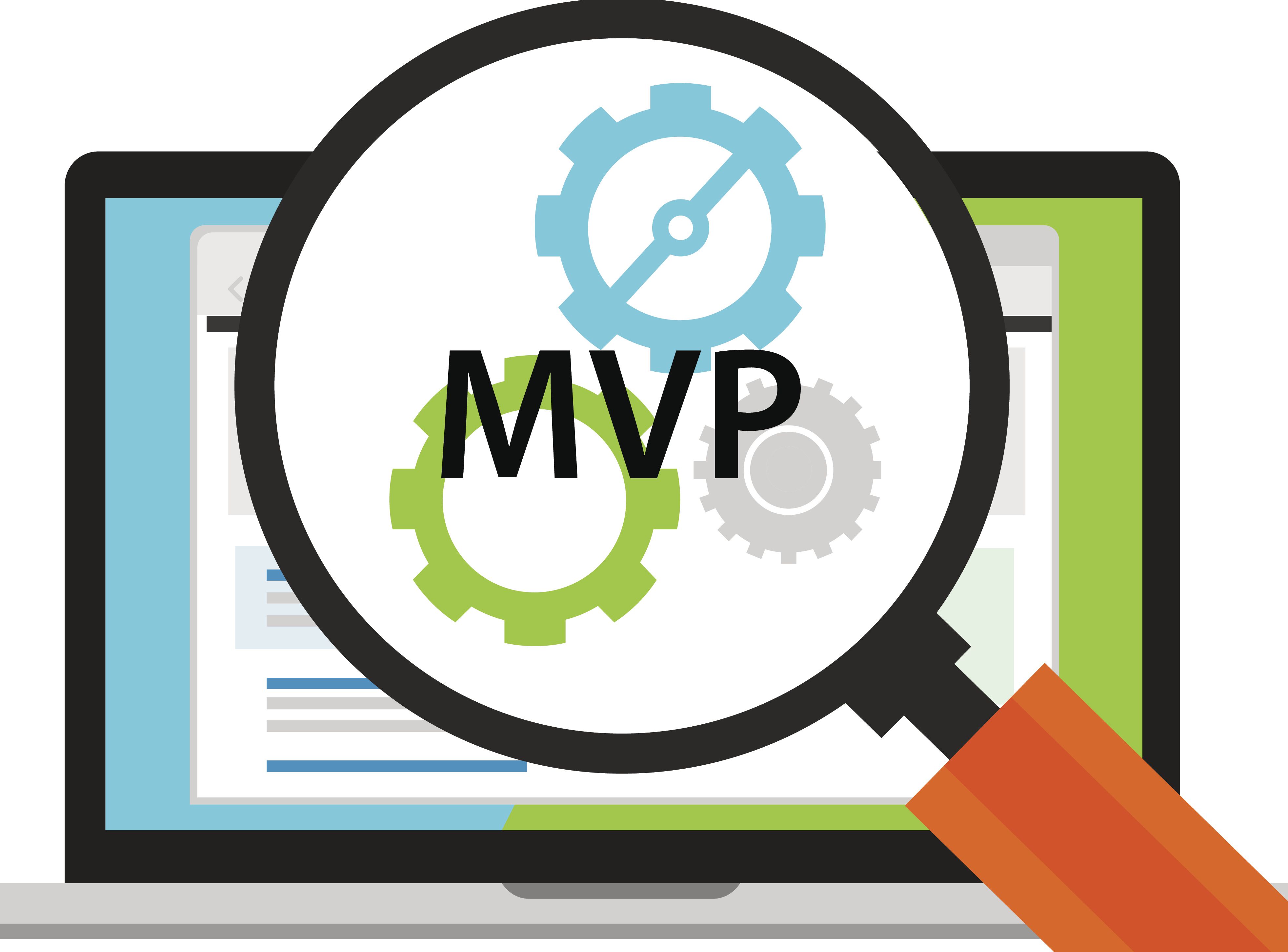
AWS Device Farm is a service that allows you to test your Android and iOS-based apps on real devices and not by using any simulators and using AWS Cloud.
A fierce competition exists in the mobile app development market as the competitor companies are trying hard to get recognized by showcasing their products in the App Stores. After developing an app, one key factor that is remembered is that you should never be in a hurry to upload an app in the App Store. This is where lies the importance of the reviews from the various customers. If by any chance, you upload an app that is unstable, there is every chance that the app will be outright rejected by the users. So, the success of an app depends mostly on this review.
There are many reasons on account of which the apps simply crash and these are network problems, bloatware on the device, inadequate error and exception handling as well as memory issues. Herein lies the need for testing the apps, on multiple platforms and devices as well as on different networks.
Testing an Android App: Role Played by Android Espresso and AWS Device Farm This service enables you to provide the solution that you are seeking to test the app in the right way. You can upload your apps in the Cloud and run Fuzz tests for the purpose of simulating random activity or utilizing the built-in app explorer.
AWS Device Farm will crawl your app and helps to capture screenshots as well as performance metrics and logs. The advantage that it offers is easy to use and quick. You can track the issues that will be faced by your Android app if you use Espresso in AWS Device Farm, much before the app is displayed on the App Store.
What is AWS Device Farm?

There is no need to get distracted by the issues that are faced while testing your Android app like constructing automation infrastructure, building expensive device labs, or even gathering different types of devices and above all ensuring that the devices are available in stable conditions, whenever they are required. The importance of AWS Device Farm lies in the fact that it handles everything most efficiently. In a matter of few minutes, you can test the app on a wide range of devices. Moreover, not only does it allow you to choose the devices, but you can also choose the make and model of the chosen Operating System. It is capable of testing various carrier connections as it can simulate the connection type and conditions.
What is Android Espresso?

Android Espresso is the most popular test automation framework for testing Android apps. Testing is often done with the help of running testing scripts by the developers, Google has now come with Espresso Test Recorder, a tool that helps to create Android apps tests, easily and quickly. So, the advantage lies for those people who do not have any background in coding or building test scripts, generating automated user interface tests for their apps to run on AWS Device Farm. So, the efficiency of the app developers is enhanced, and also the quality of the apps.
How are the Developers Utilizing the AWS Device Farms?

Android Espresso actually helps the developers testing the apps locally as well as the Cloud Setup like AWS Device Farm. AWS Device Farm is used by the developers for the purpose of testing iterative changes through the development process. The functionalities are also tested so that they work well on the various targeted devices. That the applications are running well with the backend system is done with automated canaries running periodic tests using API. It also generates test reports that are of immense help to the developers. It offers the best place to produce issues related to mobile analytics.
Finally, Android Espresso and AWS Device Farms help to ward of app issues, so that only the high-quality apps get displayed on the App Store, not the unstable ones which will fetch the best of reviews from the users, a crucial requirement for building a highly successful app.












